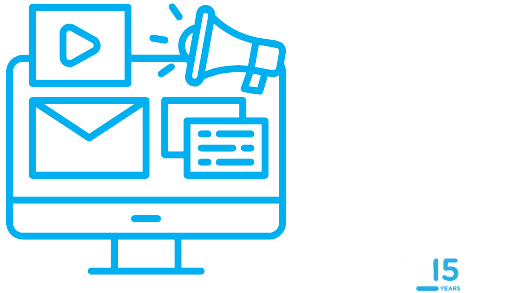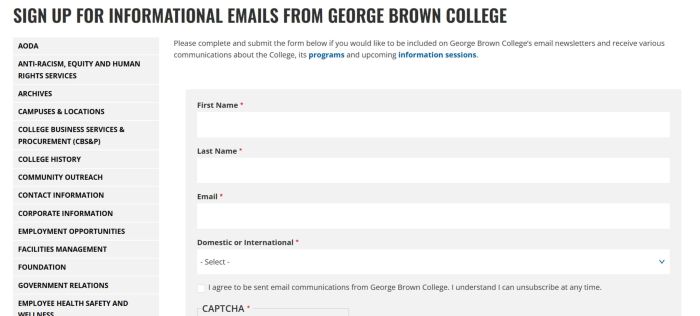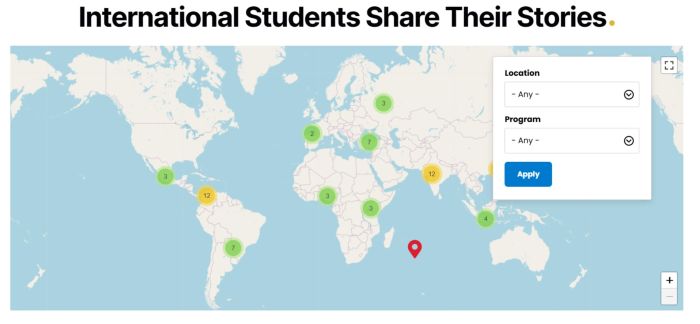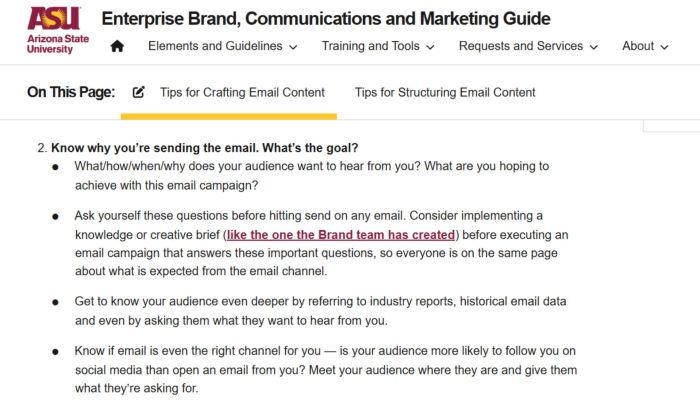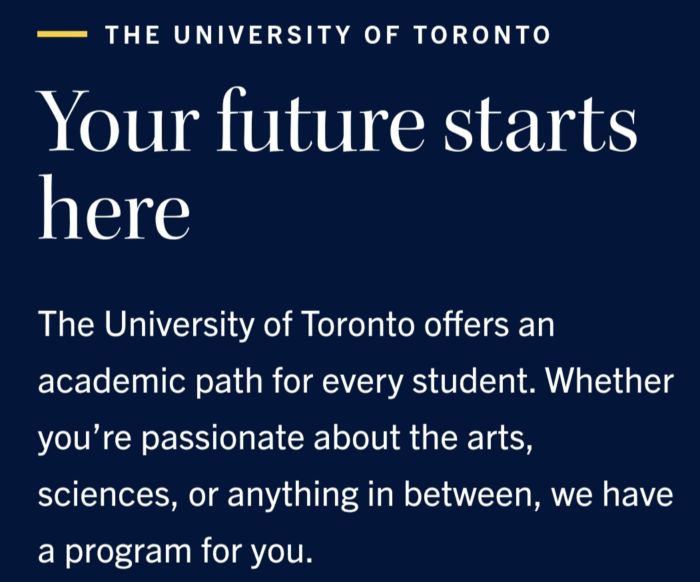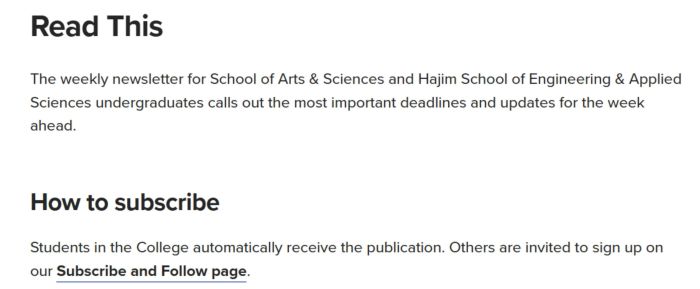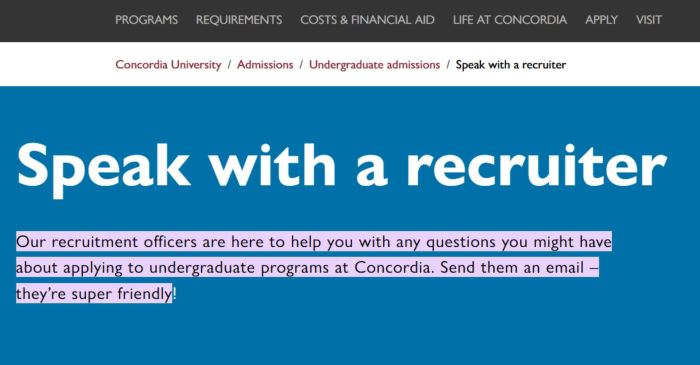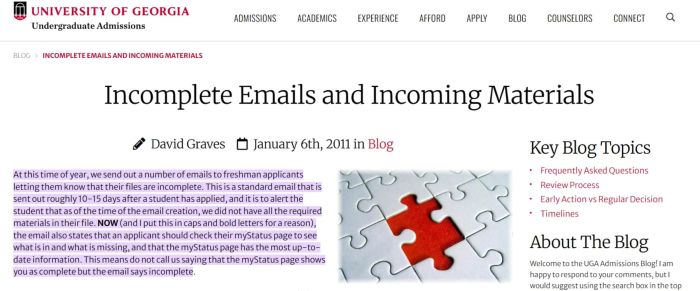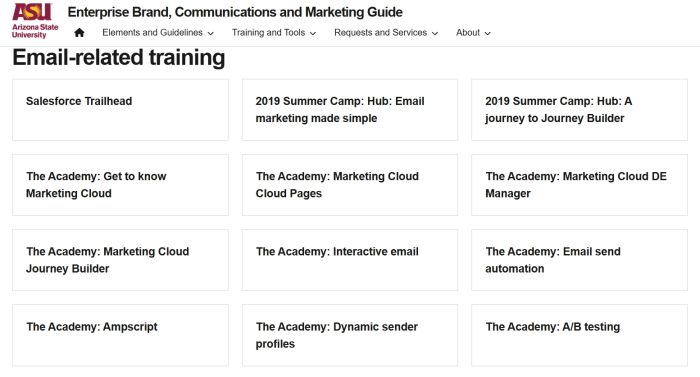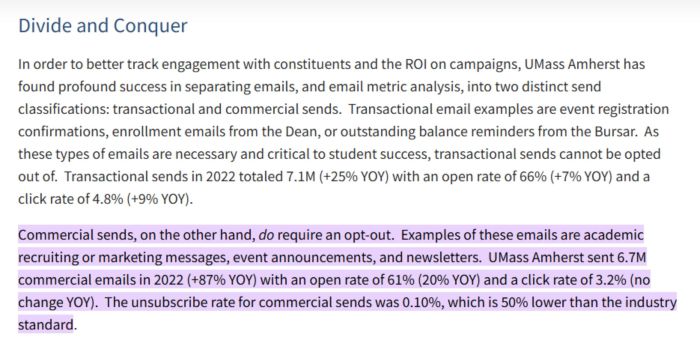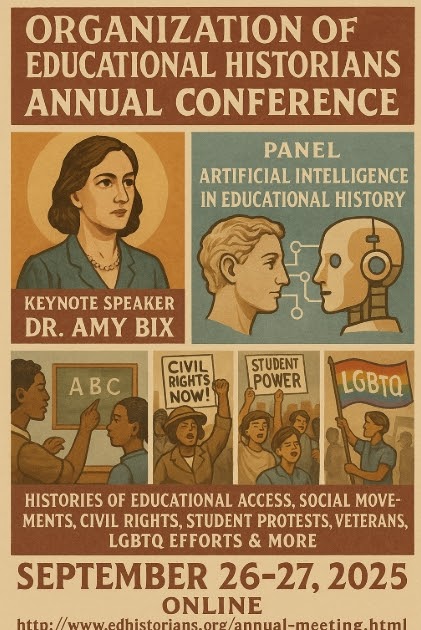- HEPI Director Nick Hillman reviews Reforming Lessons: Why English Schools Have Improved Since 2010 and How This Was Achieved by Nick Gibb and Robert Peal.
- On Tuesday, 9 September 2025, HEPI will be hosting the launch of the OECD’s flagship Education at a Glance report. Book a place (in person or online) here.
This is the second book on education in a row that I have reviewed on the HEPI website that comes from a right-of-centre perspective. The previous review (of a book by the President of the New College of Florida) garnered some pointed attacks underneath – ‘No doubt we’ll soon be seeing articles offering a “more balanced” perspective on Putin and Orban’s records in office’. So let me start by noting HEPI has also run many reviews (by me and others) of books written by left-of-centre authors as well as centrist authors, such as Sam Friedman and Aaron Reeve, Simon Kuper, Francis Green and David Kynaston, Melissa Benn, and Lee Elliot Major and Stephen Machin.
Let me also note that we are always on the lookout for reviews of recent books that are likely to be of interest to HEPI’s audience, irrespective of where on the political spectrum the authors of the books in question or – indeed – the reviewers sit. When we started running book reviews on the HEPI site many years ago, they tended to receive less engagement than other output, but that has changed over the years and they are often now among our most-read pieces. We hope this remains true on our brand new website. So the door is wide open. Come on in.
Now down to business. Reforming Lessons is a defence of the changes wrought by the long-standing and thrice-appointed Minister for Schools, Nick Gibb, and to a lesser extent his boss Michael Gove, co-written by Gibb himself. The other author is Robert Peal, who was one of a group of young state-school teachers (often, like Peal, powered by Teach First) who made up the advancing phalanx for the school reforms that were implemented by the Coalition and subsequent Conservative Governments. (John Blake, the Office for Students’s Director for Fair Access and Participation was another member of this front line and merits a mention in the book, as was Daisy Christodoulou, who has contributed a Foreword and who features multiple times.)
At the risk of further brickbats, it would be absurd for HEPI to have ignored this particular book at this particular time, for it is currently a huge talking point among educationalists. But is not just about education; it is also a book about the practice of politics. As the authors themselves write, it is an account of ‘the virtues of a subject-specialist minister driven by conviction in a specific cause rather than personal ambition.’ It fulfils this brief very well indeed, so it should be read far beyond the education world, especially by aspiring ministers in any field where they want to make a difference. But, and I do not mean this to be in any way rude, I suspect it was not – in one important sense – all that hard for Gibb and Peal to make their case.
This is because the key international data on school performance, which come from the OECD’s comparative PISA (the Programme for International Student Assessment), show England forging ahead, including against other parts of the UK, between 2009 and 2022. So Gibb and Peal had a secure evidence base on which to build their story.
We may argue that PISA is not a perfect measure: it tests only a small number of disciplinary areas and to a fairly basic level of knowledge and it has not always been completed the same way (sometimes on paper and sometimes on screen), but it is better than anything else we have when it comes to comparing school systems – and infinitely better than anything we have in higher education. So anyone who wants to shoot down the book’s central claim that Nick Gibb succeeded as a Minister will struggle to find equally robust performance data for their argument – though they could presumably focus on other evidence such as on an apparent narrowing of the curriculum (though Gibb and Peal get their defence on this in first – see pages 123 and 124).
Near the start, the book takes a look at how any education changes begun in 2010 had to be extremely cost-effective – cost-cutting or else free – given the dire fiscal position which led every major political party to promise drastic spending cuts at that year’s general election. Gibb and Peal also paint a picture of the ineffectiveness and wastefulness of the expensive centralised initiatives based on existing orthodoxies that preceded the Coalition. The multi-billion pound Building Schools for the Future programme was perhaps the archetype for, as Gibb shows, tens of millions of pounds were spent on building individual schools with open-plan classrooms where staff struggled to teach and pupils struggled to learn. Another challenge during the 2000s is that schools were overwhelmed with bureaucracy: in 2006/07 alone, we are told, there were around 760 missives to schools from Whitehall and quangos – four-per-day for the whole school year.
Yet Nick Gibb is far from being a free-for-all libertarian right-winger. He is, rather, someone who wants to use the power of the state to drive policy, including how to teach reading (synthetic phonics) as well as how to shape other aspects of the school curriculum. It is easy to see how this approach could have gone wrong but Gibb’s primary goal is always to follow the evidence as he sees it, and I cannot be the only parent who was amazed by how quickly their children started to read during their initial school years in the second half of the 2010s. Gibb has given more thought to schooling than any other modern politician and he rejects many of the ideas of his colleagues as much as those from the political left: he did not favour a wave of new grammar schools, he did not want GCSEs to be replaced by O-Levels and he opposed Rishi Sunak’s Advanced British Standard.
The book might begin and end somewhat immodestly and uncollegiately by reminding readers that many commentators picked out education as the one and only really big success of the Coalition and Conservative years, yet this is not by any stretch of the imagination a selfish book. Nick Gibb shows how his worldview was built upon teachers like Ruth Miskin, academics like ED Hirsch and others – even his researcher Edward Hartman gets a namecheck (or rather two) for introducing him to Hirsch. He shows how his agenda was carried forward by people like Hamid Patel, Katharine Birbalsingh and Jon Coles.
Political colleagues like Michael Gove and David Cameron are given credit for changing Whitehall’s approach to schooling. The triumvirate of advisers, Dominic Cummins, Sam Freedman and Henry de Zoete all receive praise, as does Nick Timothy for his stint in Number 10 as Theresa May’s Joint Chief of Staff. Andrew Adonis garners the most praise of all for starting ‘the revolution we undertook whilst in office’, and Kenneth Baker is lauded for getting the successful City Technology Colleges (the forerunners of academies) off the ground in the 1980s. Gibb and Peal note there have been ‘squabbles’ between Conservatives and Lib Dems over who designed the Pupil Premium policy but they do not join in, concluding instead that ‘we should celebrate that it was jointly pursued and agreed upon by the Treasury’.
There is high praise even for the man who temporarily displaced Gibb as the Minister for Schools, David Laws, especially for the design of the school accountability measure Progress 8 as well as for Lord Nash, who oversaw academies and free schools from the House of Lords. Gibb admits he did not agree with Nicky Morgan, who replaced Michael Gove as the Secretary of State for Education in 2014, on pushing ‘character education’ as a discrete concept but he excuses her on the grounds that ‘she had been transferred to Education from the Treasury with no notice, so never had the luxury of time I had enjoyed to read up on education philosophies.’
The tales from Gibb’s period as a backbench MP and then Shadow Minister also remind us that the most effective Ministers have typically learnt their briefs in the years before they take office rather than on the job. They then stay in post long enough to make a difference (or, in Gibb’s case, do the job more than once). Even for bold reforming ministers, like Gibb and Gove, good policy tends to be patient policy. In contrast, many of Gibb’s predecessors as the Minister for Schools (who include the current Minister for Skills, Jacqui Smith, who did the job in 2005 to 2006) were not in post for long enough to make a major sort of difference. Gibb’s account of his time in office also serves to remind us that it is wrong to think effective ministers must have worked in the field they are overseeing before entering Parliament: Gibb was an accountant, not a teacher, just like David Willetts, the well-respected Minister for Universities and Science during the Coalition, was a civil servant rather than an academic or scientist.
The book is peppered by illustrative and illuminating anecdotes. The one I found most shocking is about a visit Nick Gibb made in the mid-1990s to a school in Rotherham, where he was fighting a by-election: a headteacher ‘explained how she had completed an “audit” of her school library, removing any old-fashioned books that simply conveyed information.’ (A few years later, Tory party HQ abolished their library altogether, so it was not just schools that fell down this hole.) The second most shocking anecdote, at least to me, concerns the first draft of the rewritten National Curriculum for primary schools: ‘when the first draft of the curriculum was sent out for informal consultation amongst maths subject associations, it returned with all 64 mentions of the word “practice” expunged from the document.’ The funniest anecdote is one about Gibb visiting a successful academy that had converted from being an independent school: ‘On my train up to Yorkshire, I saw a pupil’s tweet expressing disappointment to find out the politician visiting her school was not Nick Clegg, as she had been led to believe, but instead “some random” called Nick Gibb.’
Personally, I dislike the language used by those who talk of an educational ‘blob’, not least because it paints all educationalists in the same negative light. Gibb dislikes the term too, and he was uncomfortable with his political colleagues throwing it about. He is pro-teachers and there were always some classroom teachers who held out against the knowledge-light ‘progressivist ideology’ even at its height. Gibb’s reforms were designed to dilute the educational orthodoxy of unions and quangos and to give power to trusted headteachers as well as to multi-academy trusts instead – the mantra was ‘high autonomy and high accountability’. His core goals were to find the best resources and teachers, then to free school leaders to make the biggest differences they could and finally to encourage others to emulate them, especially via high-performing multi-academy trusts. If Blair’s mantra was ‘education, education, education’, Gibb’s was ’emulation, emulation, emulation’.
But while rejecting the ‘blob’ term, the book does help one to understand how the moniker came to gain such currency. Gibb tells a story, for example, of how, as an MP and a member of the Education Select Committee, he was summoned to the ‘salubrious offices in Piccadilly’ of the Qualification and Curriculum Authority. Once there, the Chief Executive and Chairman demanded Gibb stop asking parliamentary questions about their work. It was an error of immense proportions – perhaps if they had known Gibb had circulated anti-communist propaganda in Brezhnev’s Russia, they would have had a better idea of how tough he is under the polite demeanour. Either way, the scenario served to remind Gibb not to back down in battles once he became a minister.
One surprise in the book is the degree to which Gibb thinks his reforms have deep roots and are here to stay. He makes a persuasive case for this, especially in the Conclusion, when he notes how embedded and successful some multi-academy trusts now are. Yet his book also recounts how Scotland and Wales have in recent years moved in the opposite direction to England, downplaying knowledge in their school curricula (and suffering the consequences in international comparisons). So one-way travel is surely not guaranteed.
Keith Joseph talked of a ‘ratchet effect’ in British politics and it might be too early to tell if the Gibb / Gove reforms are locked in or whether the pendulum could now swing back. What I saw after the 2024 general election from my vantage point of being a long-standing Board member of the National Foundation for Educational Research (NFER) gives me less confidence that educational policy is now settled. Despite Gibb’s belief his reforms will last, even he notes in passing the recent attempt to water down the freedoms enjoyed by academies. What is taught in schools, and how, will surely continue to be fervently debated and it is why HEPI has sought to focus minds in higher education on the important Curriculum and Assessment Review under Professor Becky Francis.
The book is all about the pipeline to higher education but it is not really about higher education except near the end, where the authors take a look at teacher training. Those running university education departments were among the people who did not take Nick Gibb seriously while in Opposition or in Government and they too paid the price for it:
‘Of all the different sectors of the education establishment, university education faculties were – by a stretch – the most difficult with which to work. … the main message I received whenever I visited university education faculties was, as Jim Callaghan had been told 40 years previously, “keep off the grass”. Meetings I had usually consisted of being talked at for 90 minutes in a boardroom with no appetite or opportunity for discussion. If I, as a minister, showed any interest in what they thought, they would mistily invoke the virtues of “academic independence”, and insist the government had no place stepping on their hallowed turf.’
At the very end of the book, Gibb bemoans the fact that, when it comes to ‘the evidence revolution in English education’, ‘university education faculties have been – with one or two exceptions – notable only by their absence’. And when it comes specifically to school teaching, Gibb regards universities as part of the problem rather than the solution. (So perhaps we should not be surprised that Gibb and Peal do not mention the short-lived attempt by Theresa May’s Government to get universities to sponsor academies.) As Universities UK prepare to release new research on public perceptions of higher education institutions, I was left wondering whether there might be lessons for how the higher education sector can best engage with Ministers and officials.
While Twitter / X may often be a sewer today, Gibb argues that various education bloggers and tweeters (often from the political left) played a vital role in shoring up his reforms, for example in helping Michael Wilshaw sort out Ofsted, who we are told ‘succeeded where Chris Woodhead could not.’ Gibb may point the finger of blame at those who pushed the ‘progressivist ideology’ that he has fought against but when it comes to A-Level grade inflation, for example, he does not limit his criticism to the Blair / Brown Governments, also complaining about his Conservative predecessors. Yet despite the ferocious attacks he was subjected to as a Minister, Gibb does not respond in kind, confident instead that his policies rested on evidence from the UK and overseas rather than polemic.
This is a lengthy book and a very very good one, though it does not stop me wanting to know more about what Gibb thinks in one or two areas. For example, we surely do not talk enough about demographics in education. Yet it was the growing number of young people that was part of the reason why the Treasury and others accepted lots of brand new schools called ‘free schools’, just as it was the falling number of school leavers prior to 2020 which helped persuade the Treasury to remove student number caps for undergraduates in England. Gibb does acknowledge the impact of changes to the birth rate in boosting his agenda, but personally I would like to have read more than the single paragraph on page 155 about it.
Churchill is said to have remarked, ‘history will be kind to me, for I intend to write it’. I kept thinking of this as I was reading the book, so it is perhaps too much to expect a deep dive into educational areas that the Conservatives failed to fix in their 14 years in charge. For me, these are: the educational underperformance of boys relative to girls, which does not merit any specific mentions; the current crisis in the supply of new teachers, which gets less than a page of dedicated text; and post-COVID truancy rates, which gets a paragraph and a couple of other fleeting mentions. But Nick Gibb is, and will rightly remain, one of the most important Ministers of recent decades – and to think he never even made it into the Cabinet.



